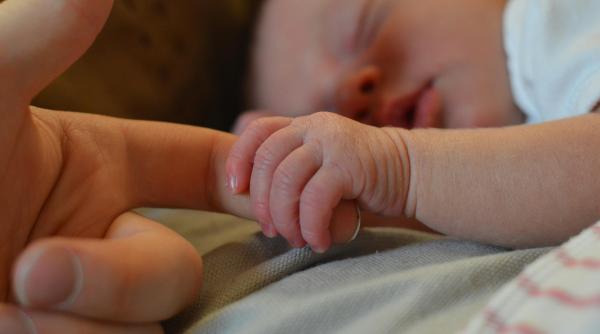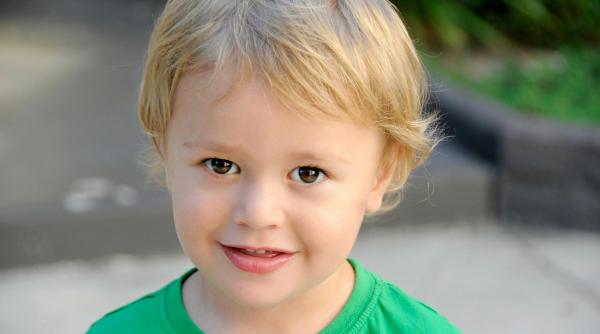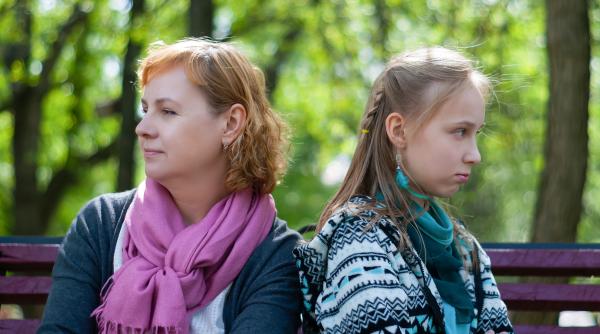Psychologist Renata Iancu emphasizes that there are several aspects that influence how children perceive and manage their parents' divorce.
"The traumas of divorce for children can encompass a wide range of physical and psychological conditions, but the following aspects are of great importance: age, level of education and understanding; how they were raised by their parents until then and who they can rely on post-divorce: grandparents, friends, colleagues; parents' behavior post-divorce: if the arguments continue if they use the child to undermine the other parent, but also how they behave or get involved in the child's life", Renata Iancu stated on 'Present Parents', a show hosted by the editor-in-chief of ParintisiPitici.ro, Loredana Iriciuc.
Renata Iancu: Divorce can have significant consequences on children's health and mental well-being
Psychologist Renata Iancu emphasized that divorce can have significant consequences on children's health and mental well-being, identifying a series of potential outcomes, including:
"As consequences, we can talk about:
- medical conditions: digestive system disorders, nervous system disorders, endocrine system disorders;
- depression, panic attacks, suicidal thoughts;
- anxiety, permanent fear that something serious might happen to them or their loved ones;
-sleep disturbances: nightmares, insomnia;
- sexual life disturbances: frigidity, premature ejaculation, gender identity issues;
- eating disorders: obesity, anorexia, bulimia, obsessive-compulsive eating;
- addictions: drugs, medications, alcohol, gambling", Renata Iancu emphasized.



































